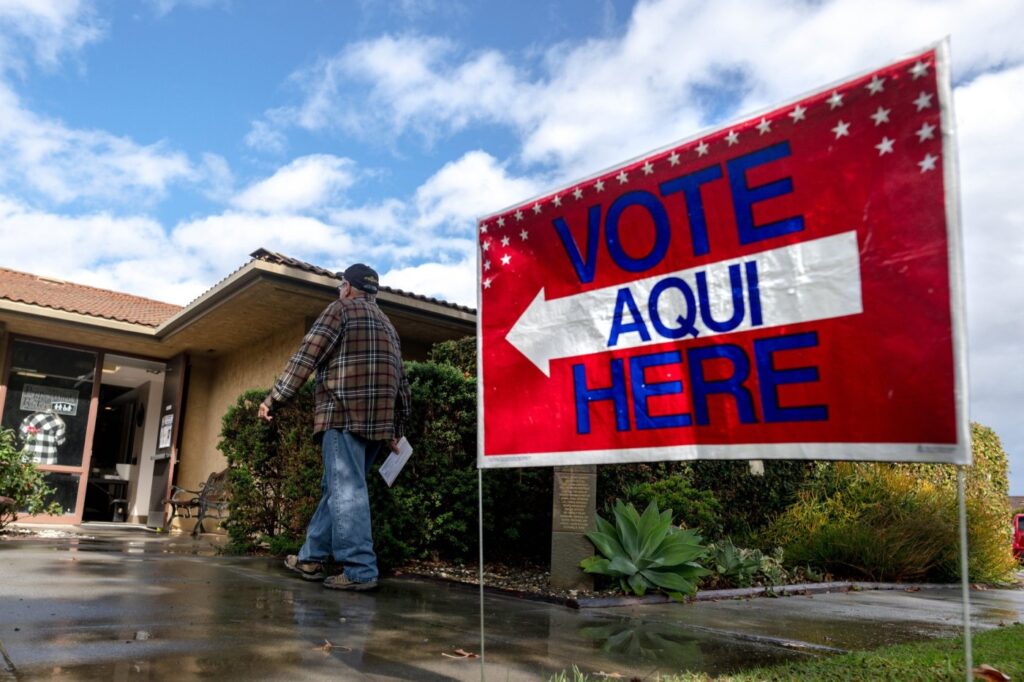
I got hit by a car last year while riding my bicycle. But not just any car — it was a remote-control car being operated by a teenager in my neighborhood who directed the miniature missile right through a stop sign. And while not as large as a real automobile — it weighed about 10 pounds — it was heavy and fast enough to knock my bike out from under me and turned my back wheel into something resembling a fortune cookie.
Surprises can be nasty. And some surprises are far more serious than a broken bike and a mild case of road rash.
Under the category of very serious surprises is what is happening to California families who, while grieving the loss of a family member, are shocked to see massive increases in property taxes from inherited homes and other real estate. It started in November 2020, when voters narrowly passed Proposition 19, which repealed an important taxpayer protection from the California Constitution that taxpayers have relied on.
The passage of Prop. 19 had the effect of resurrecting the death tax on property that voters had eliminated back in 1986. Since Prop. 19’s passage, thousands of families have personally encountered the unwelcome and cruel return of the death tax, which is triggered on the date of the passing of the last surviving parent or, in some cases, grandparent. Their home or small business is reassessed to current market value and then their children or grandchildren who inherit the property are shocked to see a massive increase in the property tax bill.
The resurrection of the death tax upended the long established law concerning the transfer of property between parents and their children. Because of Prop. 19, many families are now forced into the unwanted sale of a family home or rental housing property because they cannot afford the property taxes.
Moreover, the impact on minority communities has been especially acute. As cogently stated by Edwin Lombard, president and CEO of the California African American Chamber of Commerce, “For Black families, homeownership is the primary means of building generational wealth and upward mobility. And small business development is often financed through a home’s equity. If we do nothing, the racial wealth inequity in California will only get worse.”
Related Articles
How will Newsom, legislators deal with growing revenue shortfalls?
High tax rates are not the mark of a civilized society
How strong a politician is Gavin Newsom, really?
RFK Jr. would make a terrible president
The stranglehold of public sector unions over local government decision-making
For those who think that Prop. 19 only hurts those who inherit property, guess again. It’s been very bad news for tenants as well. The death tax is contributing to upward pressure on rents because the passing of mom-and-pop landlords triggers the reassessment of buildings to current market value. That means that the big increase in property taxes — as much as 400% — will have to be passed along to tenants, whether the owner’s children decide to keep the property or are forced to sell. If the housing units are under rent control, the building could be sold and demolished, the property converted to another use.
Since it became law, the damage inflicted by Prop. 19 is only getting worse and taxpayers are calling for change. For that reason, the Howard Jarvis Taxpayers Association is supporting Senate Constitutional Amendment No. 4 by Sen. Kelly Seyarto, R-Murrieta. This proposal would restore the taxpayer protections that would allow for the intergenerational transfer of properties without triggering massive tax bills.
Taxpayers, voters, property owners and tenants who wish to restore the original protection for inherited properties need to contact their legislators as soon as possible. SCA 4 will be heard in the California Legislature this week. Look up the names and contact information of your representatives at www.findyourrep.legislature.ca.gov.
Jon Coupal is president of the Howard Jarvis Taxpayers Association.
